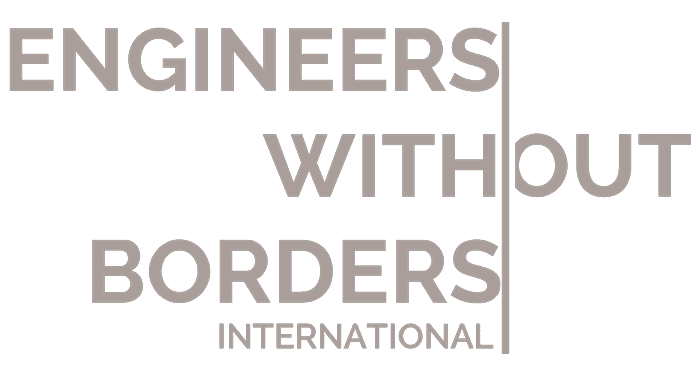
“There is the greatest urgency we have ever known for engineering skills and expertise to be directed towards addressing the climate crisis”
Engineers for good
A global network
Humanity is facing critical challenges. With the climate crisis posing the greatest threat to life, millions still lack access to essentials such as clean water, sanitation, nutritious food, secure housing, and reliable energy. In the words of António Guterres, Secretary-General of the United Nations, “Unless we act now, the 2030 Agenda will become an epitaph for a world that might have been.”
Now, more than ever, the engineering sector needs to play a vital role in creating a sustainable world where both people and the planet can thrive. The global Engineers Without Borders (EWB) movement, comprised of more than 40 organizations in Africa, Asia, Europe, the Pacific, the Middle East, and the Americas, is leading the charge.
Building a sustainable future
Established over 40 years ago, EWB connects its member organizations, fostering collaboration and knowledge-sharing to maximize impact. With the goal of building a just and sustainable future for all, its efforts are focused on four areas: delivering critical infrastructure to communities in need; supporting people in a crisis; inspiring, building, and shaping a future-fit engineering community; and nurturing future-fit engineering solutions.
“Today, there is the greatest urgency we have ever known for engineering skills and expertise to be directed towards addressing the climate crisis and building a safe future for everyone,” says Katie Cresswell-Maynard, Executive Director of Engineers Without Borders International, “and in particular to support those that are most vulnerable in society.”
Change in action
The global organization’s work has benefited communities around the world. Examples of its projects in action include:
- Developing sustainable and safe drinking water supply systems as seen in Yrdyk, Kyrgyzstan
- Partnering with organizations to scale up existing waste management solutions as demonstrated in Kumasi, Ghana
- Delivering educational programs that support students to understand the social, ethical and environmental impacts of engineering solutions as seen in Australia, South Africa and the UK
- Implementing effective rainwater harvesting solutions in Uganda and rural communities in Malaysia
- Conducting research on water and sanitation access in 100 isolated rural areas in South Santiago del Estero, Argentina
- Installing essential reliable solar energy solutions in Zambia and Malawi to meet the critical needs of rural health facilities and schools
It has never been more crucial for the engineering sector to contribute to building a sustainable world – a goal that EWB and its associated organizations around the world are helping make a reality.
